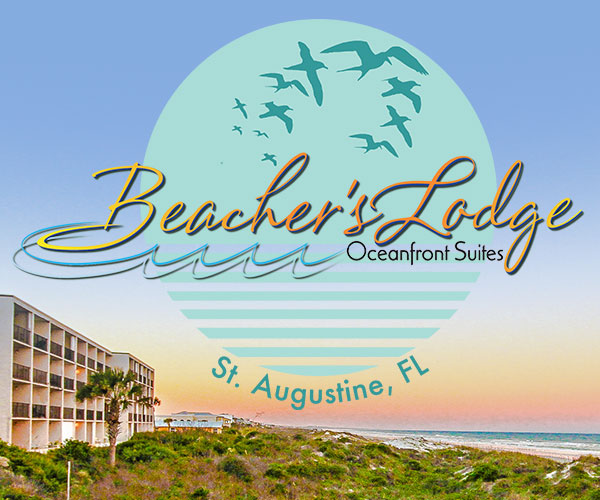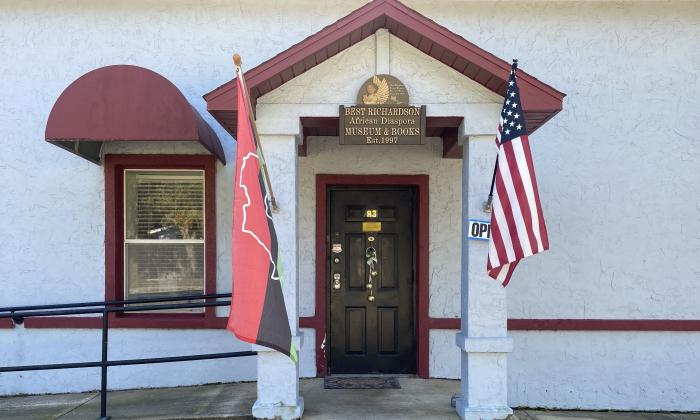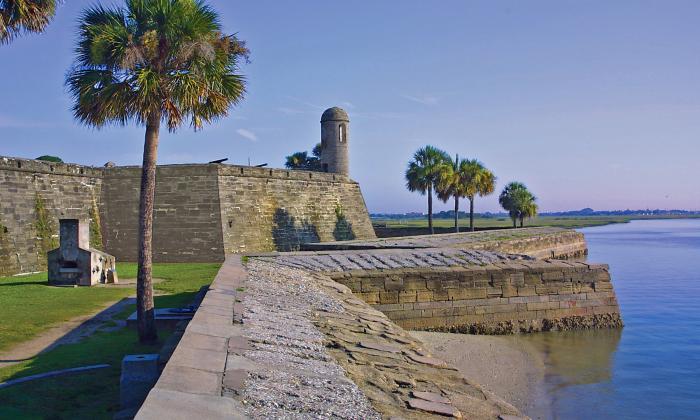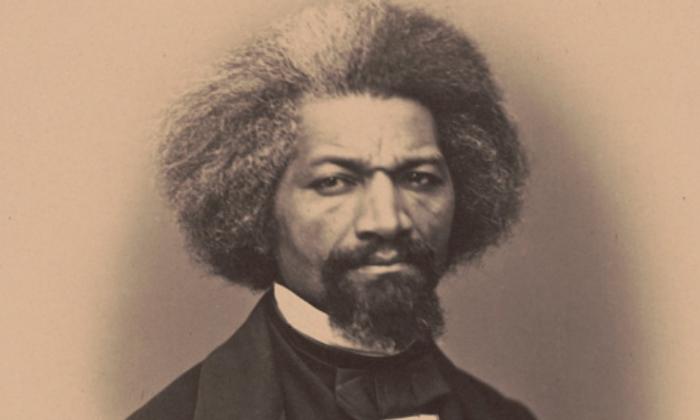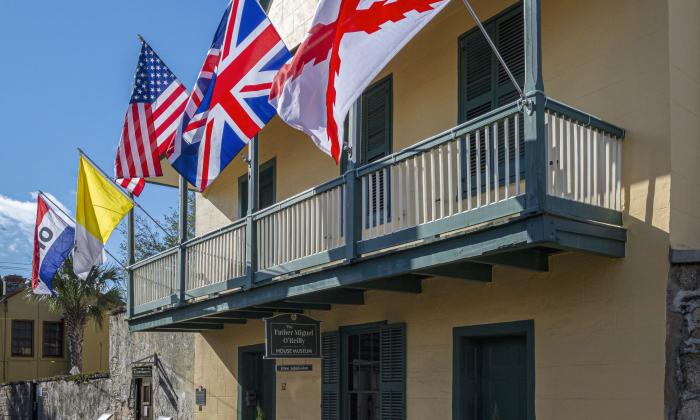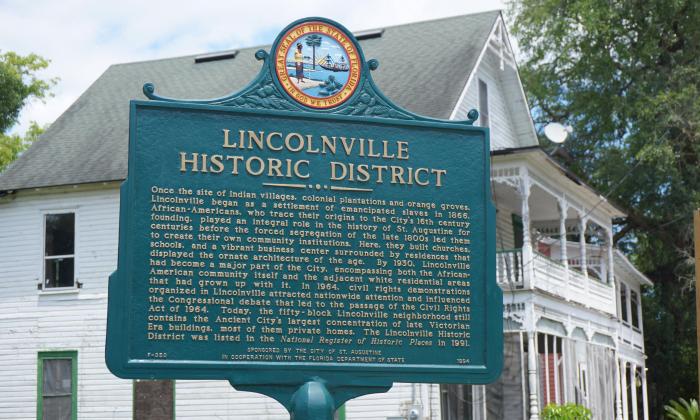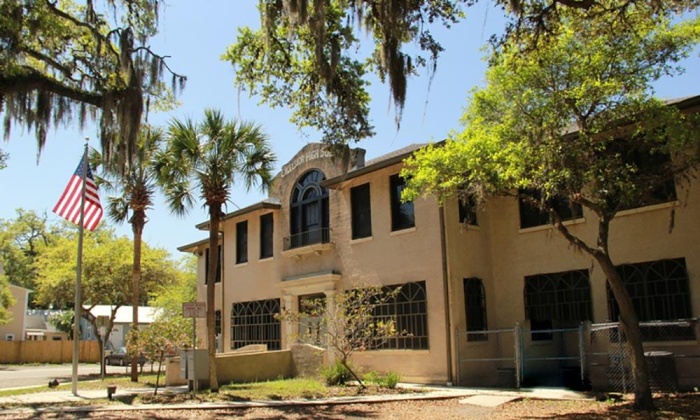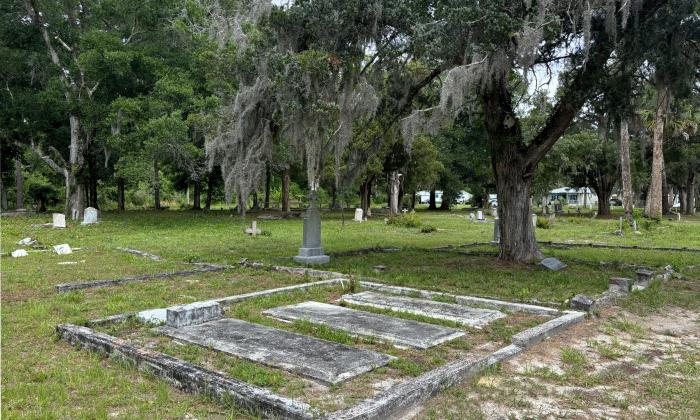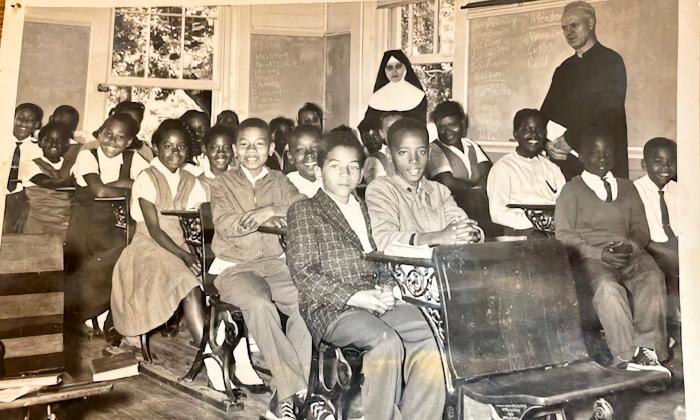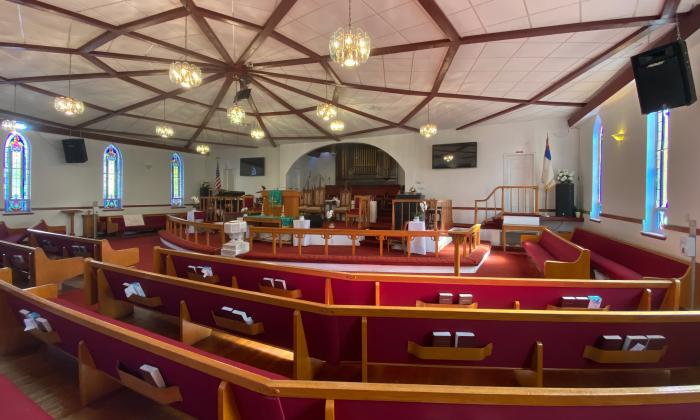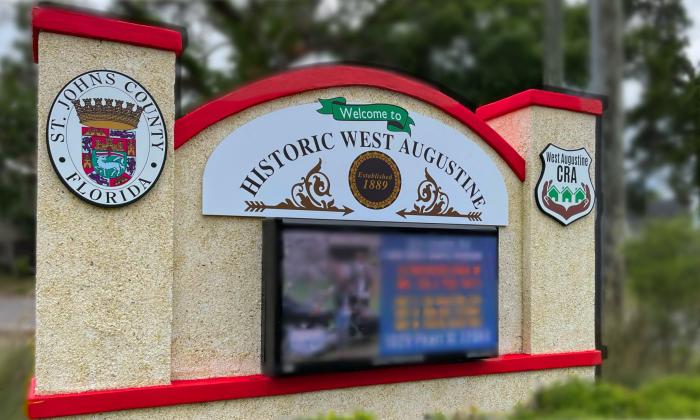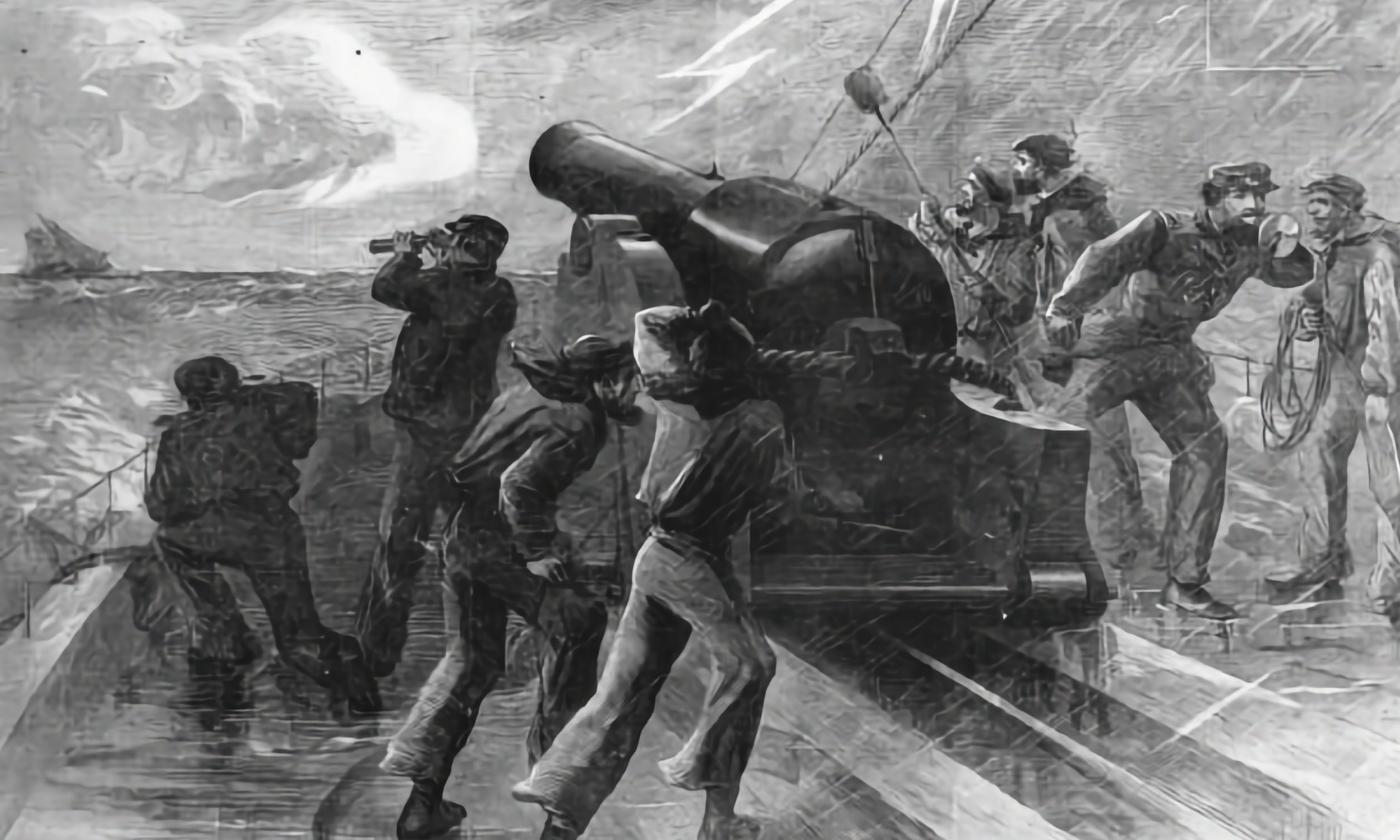
American Civil War (1861-1865)
St. Augustine was a Union City in a Confederate State.
St. Augustine’s Short Confederate Period
Florida was third to secede from the United States of America on January 10, 1861. The Confederate States of America was founded on February 8, 1861.
A year later, on February 28, 1862, United States troops peacefully reclaimed the city of St. Augustine, along with several of Florida’s other port cities. Confederate troops had fled the city three days prior, having heard of the Union’s plan.
A Union Cities in a Confederate State
For the remainder of the Civil War, St. Augustine and other coastal cities like Jacksonville, Pensacola, and Key West were effectively Union cities in a Confederate state. Confederate troops controlled the countryside.
Some White citizens were still Confederate sympathizers protesting against the U.S. troops.
Emancipation in St. Augustine
The Emancipation Proclamation was read in St. Augustine on January 1, 1863, ending slavery in Union territories, including St. Augustine. However, enslaved Black people were not guaranteed their freedom and safety outside the city walls.
Soon after, regiments from the U.S. Colored troops established a recruitment center in the Castillo de San Marcos (then known as Fort Marion).
Resources
Online Resources
The Civil War in St. Augustine, digital exhibit from the University of North Florida & the St. Augustine Historical Society
“The Civil War Photography of St. Augustine”, 2024 article from The Jaxson
The Civil War in Florida Summary, from NPS & Castillo de San Marcos
Distant Storm: Florida’s Role in the Civil War, digital exhibit from Florida Memory
Sources on the Lives of Enslaved People in Northeast Florida, reference list from NPS & Timucuan Ecological & Historic Preserve
The Civil Rights Movement in Florida, Learning Unit from Florida Memory
Learning Resources from Resilience: Black Heritage in St. Augustine
Guide to Black History Collections in the Archives of Florida, from Florida Memory
Florida History Online, database from the University of North Florida
Further Reading
Graham, Thomas. 1978. The Awakening of St. Augustine: The Anderson Family and the Oldest City. St. Augustine Historical Society.
Redd, Robert. 2014. St. Augustine and the Civil War. History Press.
Black History of Florida: A Reading List, from The Florida Bookshelf

